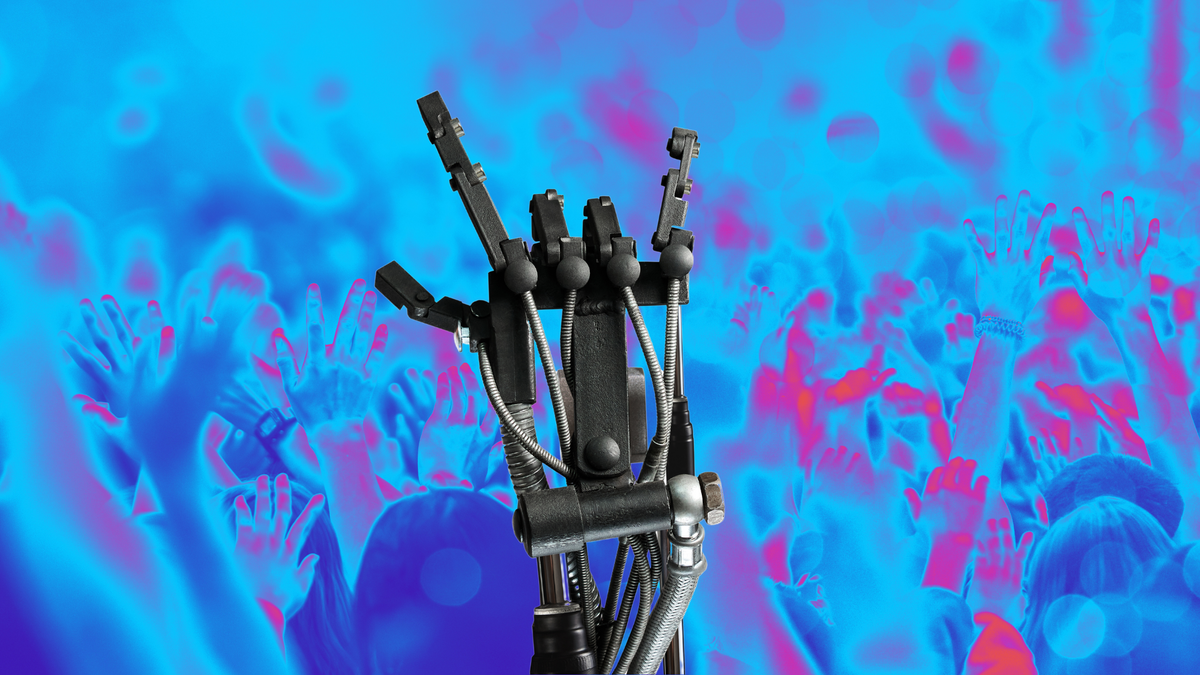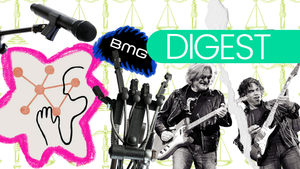Sony Music's global digital chief Dennis Kooker called for a US-wide publicity right at a Congressional hearing on AI. While also discussing the positives of generative AI in music, he stressed that the rise in unauthorised deepfakes and vocal clones was a big concern - with Sony alone having now issued nearly 10,000 takedown notices seeking the removal of such content. He added that digital platforms are exploiting legal loopholes to "drag their feet" when dealing with those takedowns. The loopholes are partly the result of publicity rights - which should allow artists to protect their voices and identities - existing at a state-level in the US. Hence the need for a new publicity right in federal law.
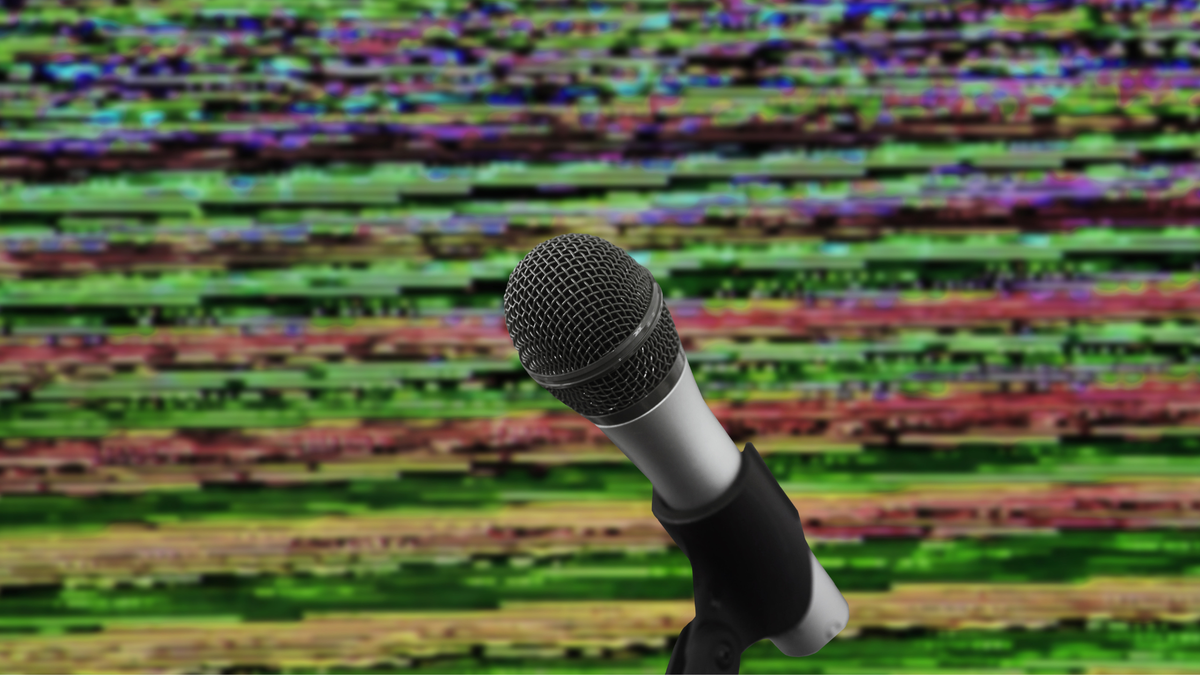
BMG announced a restructure to "future proof" the company. The big changes are on the recordings side of the business, which is being rejigged to bring it more in line with the publishing side. In particular, the firm's catalogue, sales and marketing operations will become global functions, which will then support local artist relations and campaign management teams. CEO Thomas Coesfeld said the changes were necessary because "music is going through another tectonic change" with "new ways of creating and consuming music and looming changes in streaming economics ... challenging us to do even better for our clients".
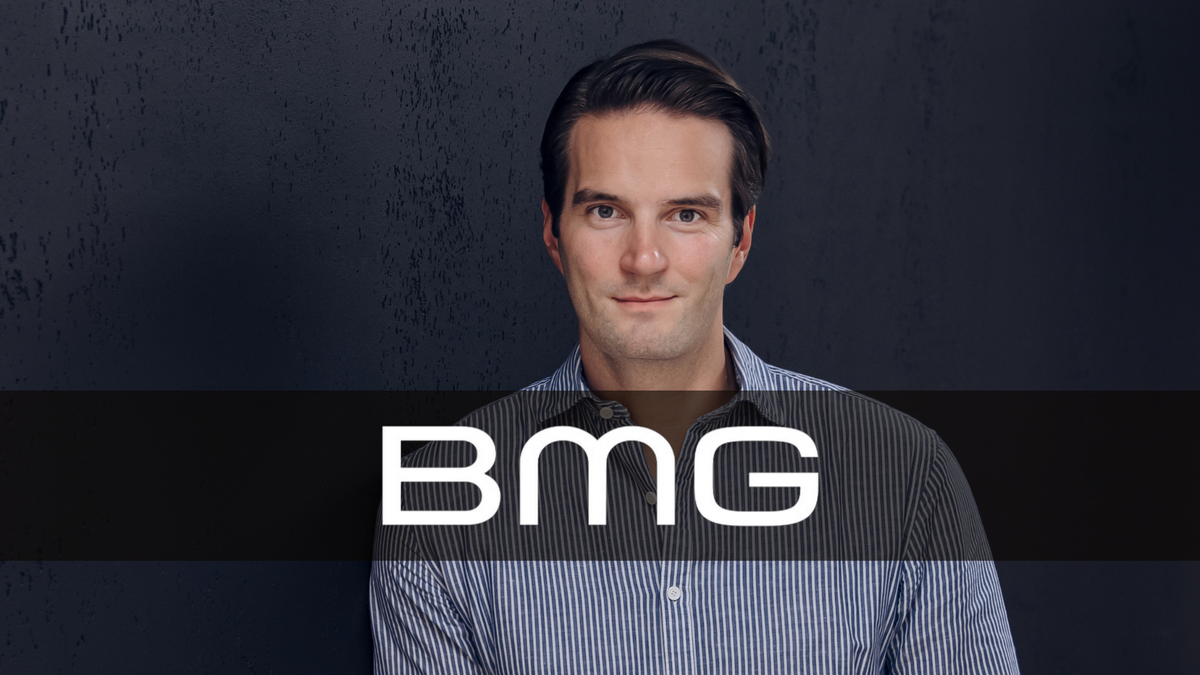
AI company Anthropic sought to get a lawsuit filed against it by a number of music publishers dismissed on jurisdiction grounds. The publishers accuse Anthropic of using their lyrics without permission when training its AI chatbot Claude, which - they claim - constitutes copyright infringement. Anthropic will ultimately argue that using lyrics in that way constitutes 'fair use' under US copyright law. But for now it is focusing on the decision of the music companies to file their lawsuit in Nashville, Tennessee. It points out it is based in California, which is also where many of the other cases testing the copyright obligations of AI companies have been filed. With that in mind, it argues that Tennessee is the wrong jurisdiction for this dispute and the publishers' lawsuit should therefore be dismissed.
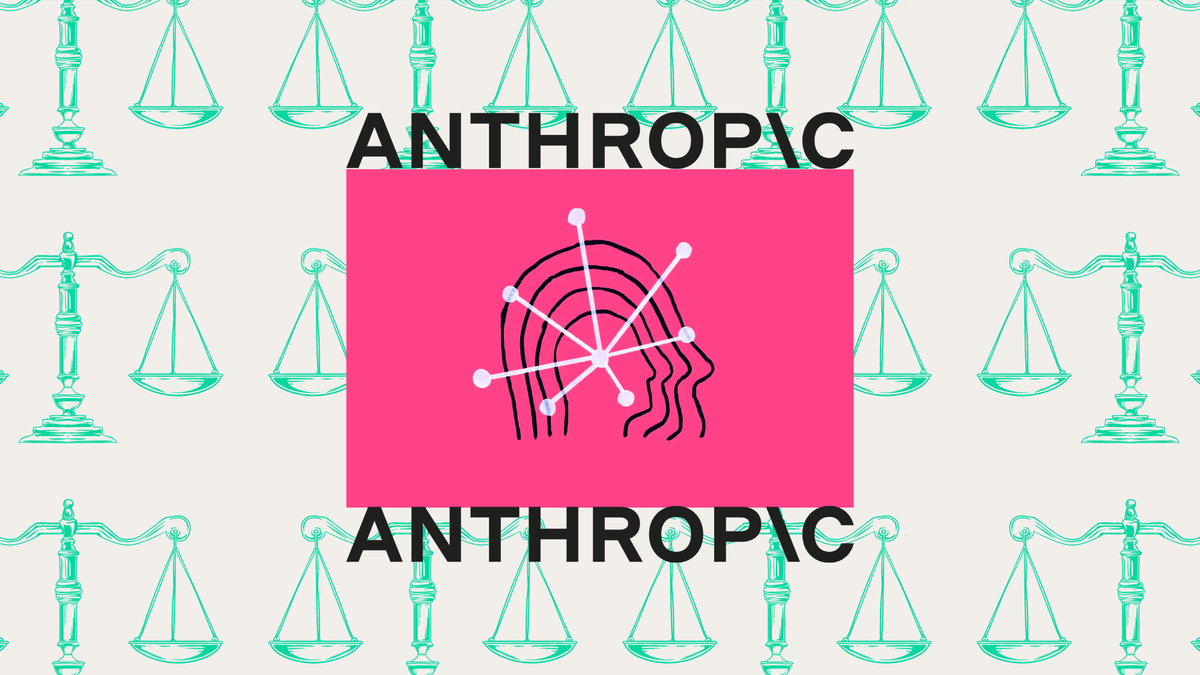
More information was revealed about the legal dispute between Hall & Oates. We already knew Daryl Hall had secured an injunction against John Oates, but we didn't really know why because court documents in relation to the dispute were initially sealed. But we now know that the litigation relates to a plan by Oates to sell his share in the duo's joint venture company Whole Oats Enterprises to Primary Wave. Hall says that Oates negotiated a deal with Primary Wave in secret and without getting his permission, which violates the terms of their business partnership. This week the judge overseeing the case agreed to extend the injunction that is currently pausing any sale of Oates’ shares to Primary Wave while the musical collaborators go through an arbitration process.

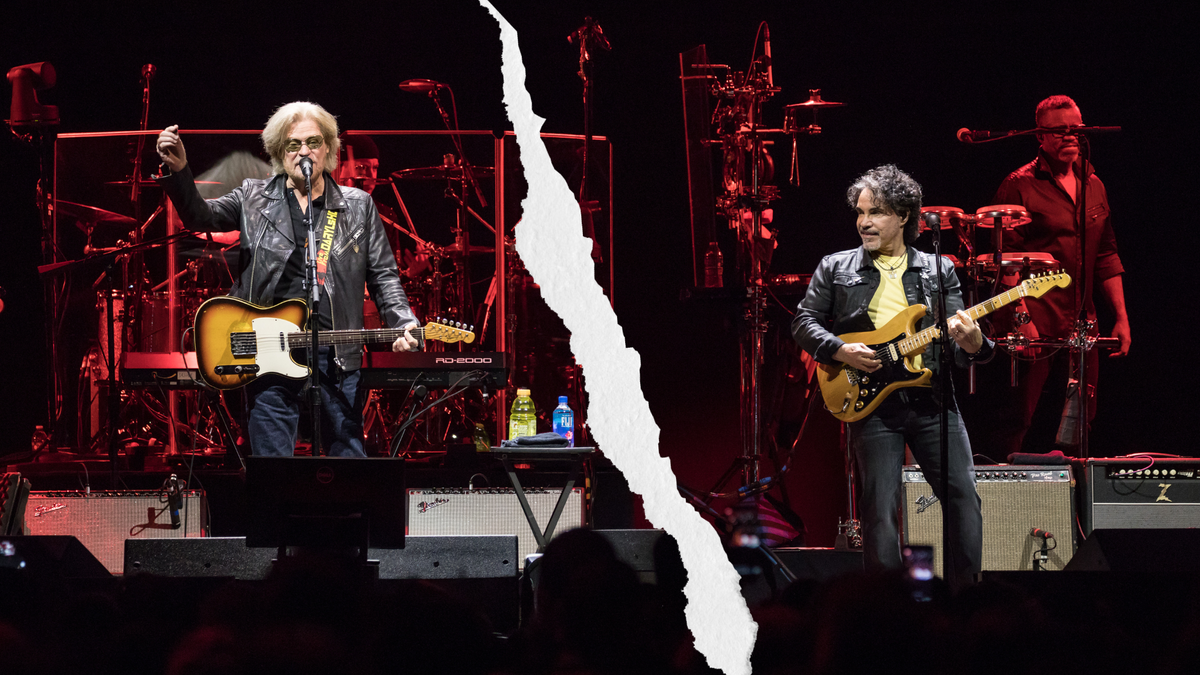
The IFPI said that music fans overwhelmingly agree that tech companies should get permission before using existing music to train generative AI models. The global record industry trade group inserted some AI questions into its annual survey of 43,000 music consumers around the world. It said that, of the 89% of respondents who were aware of AI, 76% felt that "an artist’s music or vocals should not be used or ingested by AI without permission", and 74% believe "that AI should not be used to clone or impersonate artists without authorisation". Which basically means that the majority of music fans agree with the music industry, which is adamant that AI companies need permission before making use of existing music to train their models.
